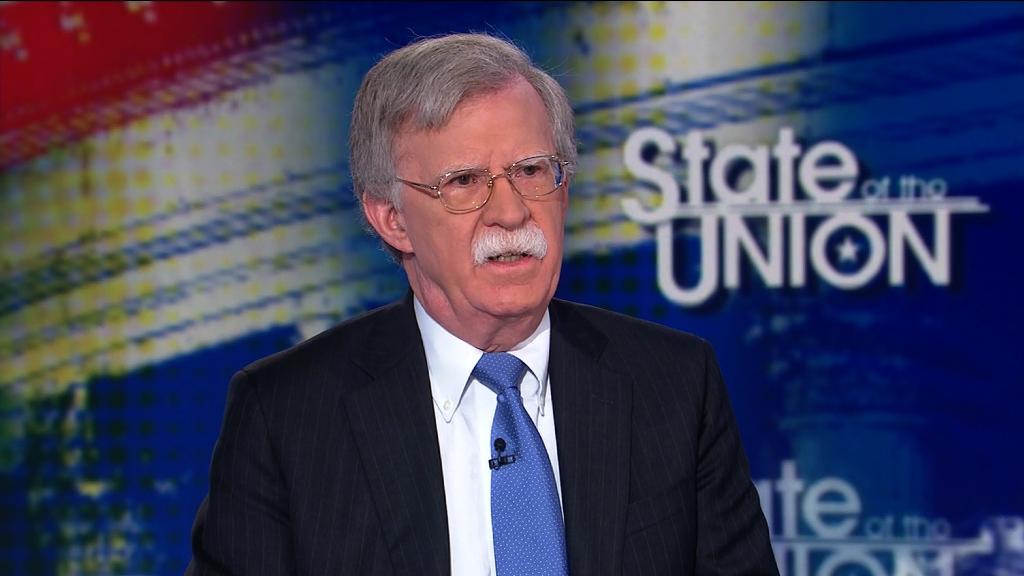
Daimler has abandoned plans to expand in Iran as US sanctions targeting the country snap back into place.
The maker of Mercedes-Benz cars confirmed Tuesday that it has suspended its activities in the country "until further notice according to applicable sanctions."
Daimler (DDAIF) said in a statement that Iran's automotive markets have been significantly weaker than expected, and it had not yet resumed production or sale of Mercedes cars or trucks in the country. The company has not sold cars in Iran since 2010.
The German carmaker had announced plans in 2016 to return to Iran after economic sanctions were lifted under an international agreement that sought to limit the country's nuclear program.
Related: One of Iran's most iconic industries faces disaster
Daimler was joined by major companies including Boeing (BA), Airbus (EADSF), Total (TOT) and Siemens (SIEGY), all of which sought to capitalize on pent up demand in Iran for consumer products and improvements to infrastructure and equipment.
Their plans were upended in May, when President Donald Trump decided to withdraw from the Iran nuclear accord and reimpose economic sanctions, the first wave of which took effect at midnight on Tuesday.
Companies caught violating the sanctions could be cut off from the US financial system and targeted with other punishments.
A US official said Monday that "nearly 100 international firms have announced their intent to leave the Iranian market."
Related: EU fights back to neutralize US sanctions against Iran
The European Union has sought to salvage the nuclear deal and provide legal cover for its companies to continue operating in Iran. Its efforts include a "blocking statute" designed to protect companies from US sanctions.
"We are determined to protect European economic operators engaged in legitimate business with Iran," European officials said in a statement on Monday. "Preserving the nuclear deal with Iran is a matter of respecting international agreements and a matter of international security."
Related: What impact will US sanctions on Iran actually have?
Some European companies have decided the risks are too great.
PSA (PUGOY), which makes Peugeot and Citroen cars, said in June that it has begun to suspend its joint ventures in the country in order to comply with US law.
Siemens CEO Joe Kaeser told CNN in May that his company could not do any new business in Iran. Total has said it is unable to proceed with a $2 billion project to develop the country's giant South Pars gas field.
-- Nicole Gaouette and Donna Borak contributed reporting.


